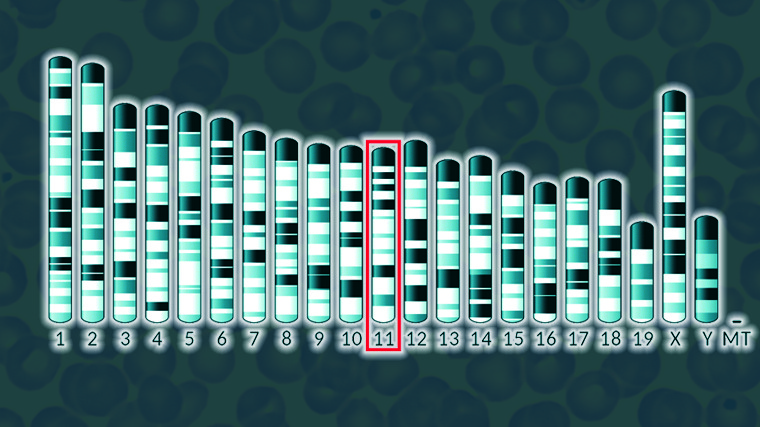

The most common treatment for SCID is bone marrow transplantation. Another cause of SCID is called the Bare lymphocyte syndrome where MHC class II is not expressed on the cell surface of all antigen presenting cells, leading to the failure to synthesize MHC II antigens and inability to mount an appropriate immune response. They may die before 1 year of age without medical treatment 1. The second most common form of SCID is caused by a defective adenosine deaminase enzyme, which causes accumulation of dATP which inhibits the activity of ribonucleotide reductase and lymphocyte proliferation. Babies born with Severe Combined Immunodeficiency (SCID) appear normal at birth but cannot fight infection. Furthermore, the defective gamma chain of the receptor is shared by many interleukin receptors, and mutations that result in a non-functional common gamma chain can cause widespread defects in interleukin signaling, leading to almost complete failure of the immune system to develop and function. Learn about Severe Combined Immunodeficiency, including symptoms, causes, and treatments. Infants with SCID appear healthy at birth, but within the first three to six months, they fail to gain weight and become sick. This rare congenital disorder is potentially. Severe combined immunodeficiency (SCID) refers to a group of genetic disorders that lead to severe defects in the development and function of lymphocytes, the white blood cells that are essential for fighting infections. Inherited as an autosomal recessive disorder, SCID has been identified in horses of Arabian and part-Arabian descent. This interleukin receptor plays an important role in the development and differentiation of B and T cells. Severe combined immunodeficiency (SCID) is considered to be the most serious of all primary immunodeficiencies. Severe combined immunodeficiency (SCID) is a disease that causes foals to be born with severely weakened immune systems.

The most common cause of SCID is a defect in the common gamma chain encoded by the gene IL 2 receptor gamma located on the X chromosome. This disease is sometimes referred to as the bubble boy disease because patients are extremely vulnerable to infectious diseases by viruses, bacteria, fungi, and protozoa and some choose to live in a completely sterile environment. Severe combined immunodeficiency (SCID) is a genetic disorder in which both B and T cells of the immune system are impaired due to one of several possible genes.


 0 kommentar(er)
0 kommentar(er)
